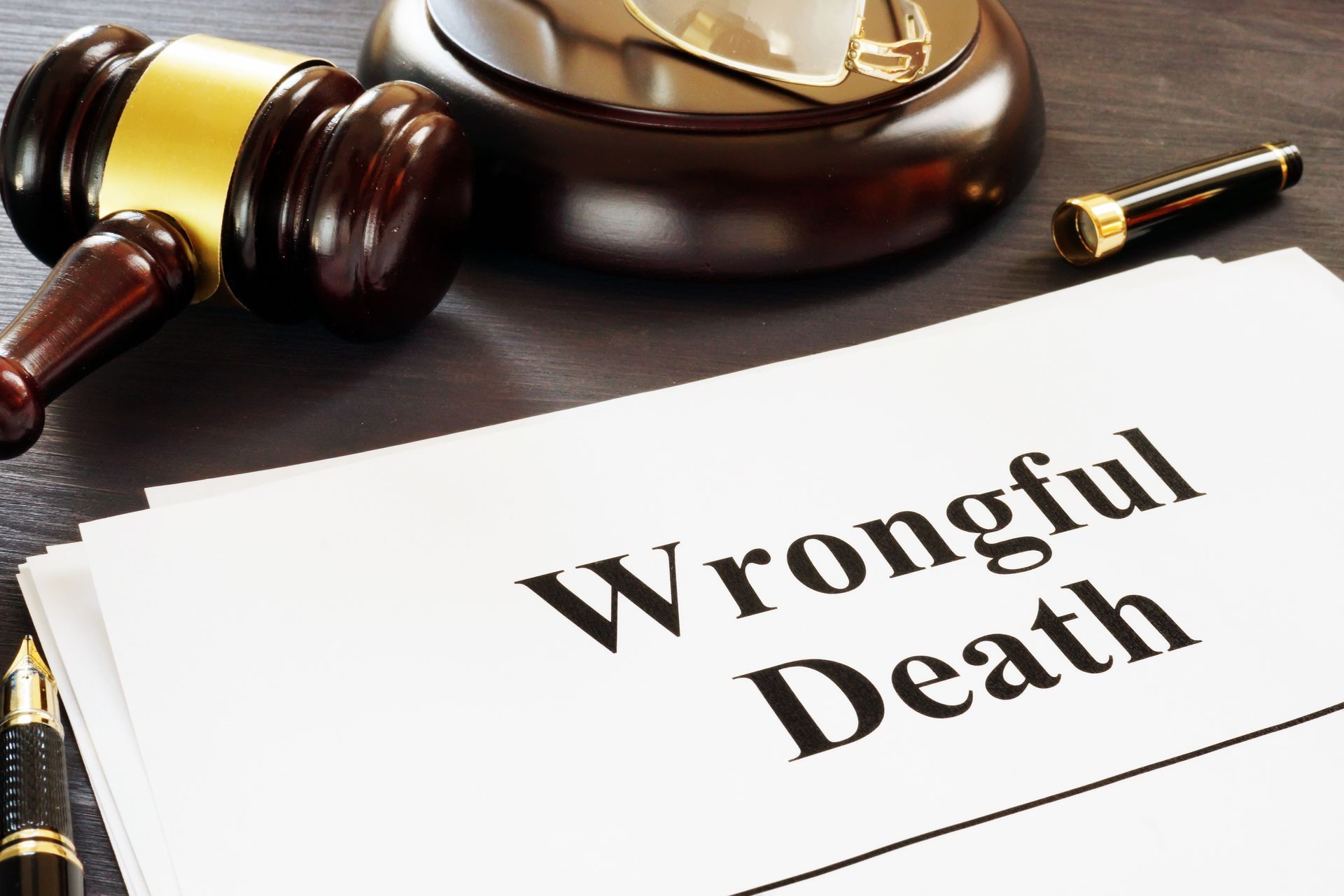The Importance of Hiring a Personal Injury Attorney After an Accident
Auto accidents are near certainties for those who drive throughout their adulthood. Unfortunately, many auto accidents also cause injuries and sometimes end up fatal. They also often damage vehicles and may result in harm to accident victims. If you're injured in a car accident caused by a negligent driver or another party, retaining a personal injury attorney is a very smart move. Here's a closer look at how an attorney could help you.
Files a Strongly Supported Insurance Claim
Whether you're driving your own vehicle or are a passenger in someone else's and suffer an accident injury, you'll need to file an insurance claim. The cost of injuries can be very high, and a personal injury attorney can help you to file well-supported claims for your injuries and related damages. According to BankRate, the average economic cost of a vehicular accident was $1.75 million per fatality and more than $100,000 per disabling injury in 2020 due to lost wages, medical costs, auto damage, and other expenses. Your potential damages also could include pain and suffering and other harm, which your attorney can help you to document and claim.
Identifies Liable Parties
When one or more drivers cause an accident due to negligence, the negligent parties are liable for the cost of damages. It's also possible that a third party is at least partly responsible for causing an accident. A poorly maintained roadway, an object in the road, or some other issue might create conditions that result in an accident. Whenever one or more drivers or third parties are at least partly liable for causing your injuries in a car accident, your attorney can help to identify those parties and help you to hold them accountable.
Deposes Witnesses and Other Drivers
A personal injury attorney can depose witnesses who saw the accident that caused your injury. Your attorney can also depose any offending drivers or other parties that might have contributed to causing the accident. Those depositions are evidence that might work in your favor and help to support your claims. If the matter winds up in court, your attorney could use those depositions to help convince a judge or jury that you're a victim who should be compensated for your medical costs and related damages, including lost wages, pain and suffering, and others.
Protects You Against Insurers and Opposing Attorneys
When you retain a personal injury attorney, any insurers, insurance adjusters, or attorneys must communicate through your attorney's law firm. They cannot contact you directly without first contacting your attorney. All that you need to do is contact them to give them your attorney's information or tell them that you have retained an attorney to handle this matter. Once you tell them that you have retained an attorney and provided the contact information, the phone calls and potential home visits should stop.
Stops Related Debt Collections
Your personal injury attorney also can make debt collectors stop any collection activities that might be related to your injury case. Many people who are injured in car accidents cannot work for a period of time and might fall behind on their bills. Medical bills in particular might be very large and trigger debt collections. Your attorney can put a stop to those activities and prevent any negative ratings on your credit report while the matter is being decided. Once it's settled, your attorney will pay your related medical bills from any settlement that you might get.
Makes Insurers Pay Valid Claims
Most states give insurers up to a month to either approve claims and pay them or deny them with cause. Sometimes, insurers try to lowball people who are injured in auto accidents by offering settlements that are much lower than they should be to cover the cost of legitimate claims. The insurers know that many people experience financial hardship while recovering from injuries suffered in car accidents. Accident victims are more apt to accept a lowball settlement offer, but your attorney could stop that from happening.
If you recently suffered an injury due to a car accident or any other kind of accident caused by one or more negligent parties, you can call or submit an online form to schedule an initial consultation with an experienced personal injury attorney . Contact Wilson & Novak Law Offices today to get connected with competent and experienced attorneys.





